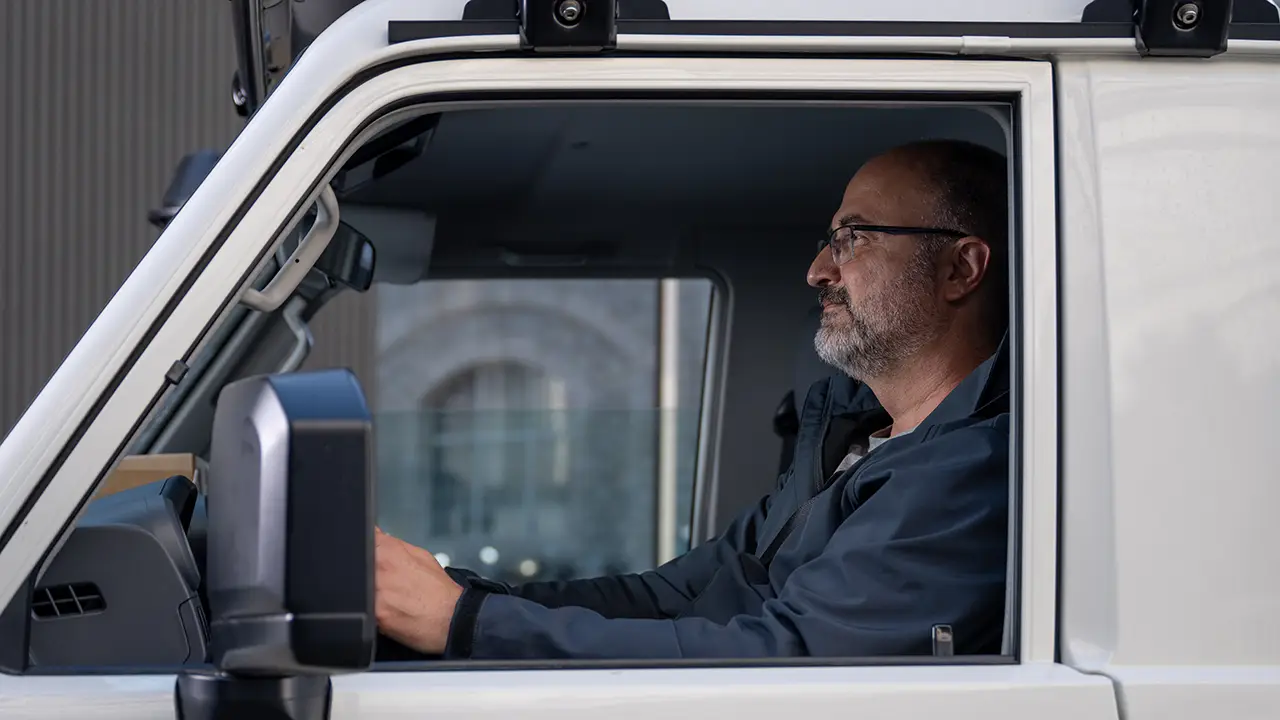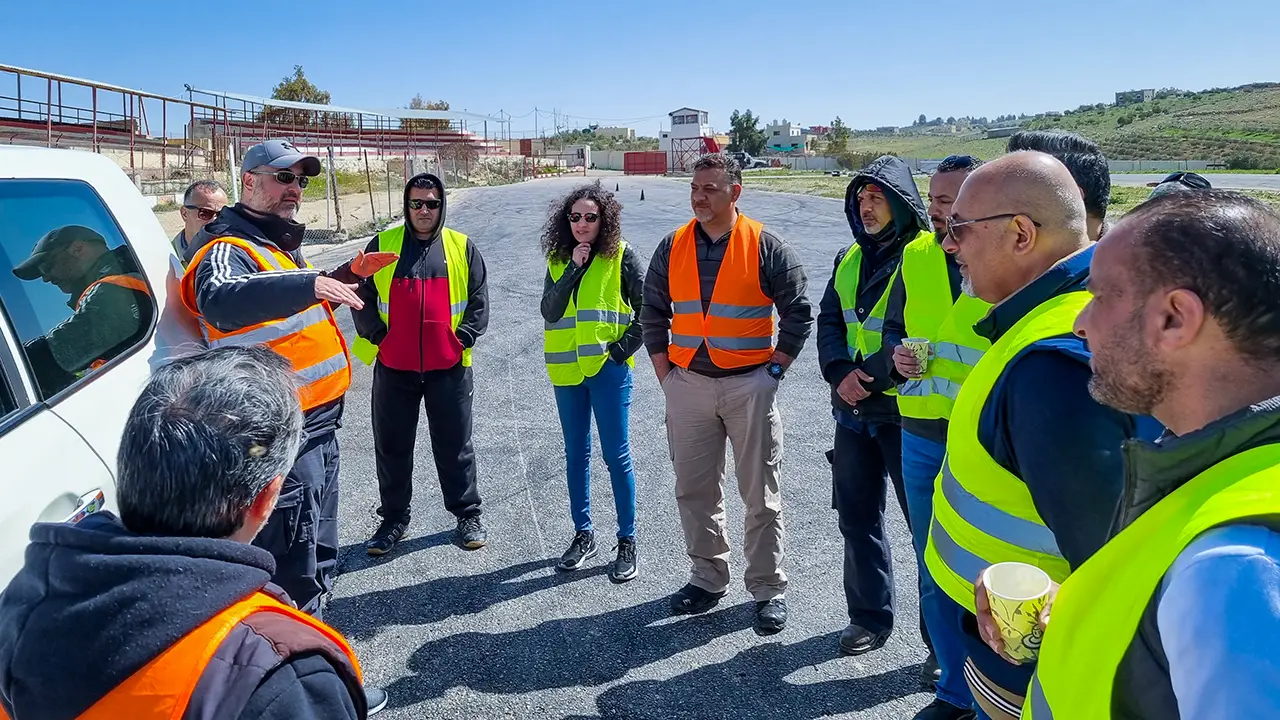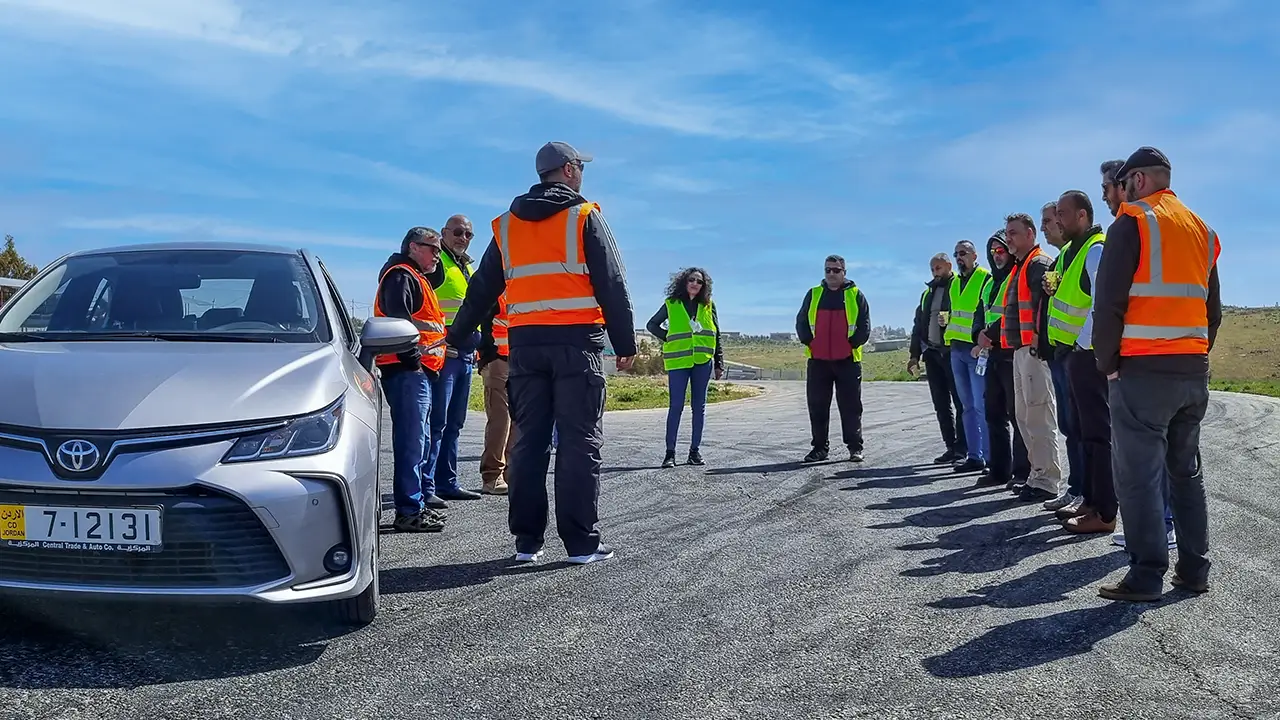Announcing the Toyota Gibraltar Stockholdings Fleet Service LinkedIn Showcase Page
15th May 2025
During a recent training in Amman, one participant was a senior UN driver who had never been trained before, and this was also his first time attending a course outside his home country.
He often commented on how challenging the Jordanian road structure and driving culture was.

As a trainer, I've seen this pattern before: our methods, refined since 2014 and drastically reshaped by time, is designed to build confidence. But sometimes, that boost in confidence can trigger - ego.
On Day 4, after I gave a demonstration drive, he asked if he could be assessed early and then leave. My plan was to coach that day, not assess yet. Still, I agreed.
He jumped in, skipped the journey check, self-check, and vehicle check, rushed through the drive, and made several errors related to taking information and using it. When I reflected the errors to the assessment, the score didn't meet the standard, the reaction was defensive. For the next two hours, we talked through every aspect of the course, the method, the expectations, and eventually, he began to listen.
What shifted his perspective wasn't telling him what he did wrong. It was showing him that what he did wasn't bad, it just wasn't systematic. It wasn't the right thing, at the right time and repeatable.

My words, "You brought us here safely. That's not in question. But the system of vehicle control offers a better way—more structured, more prepared, more aware."
By the end of that day, he asked for a second drive. He drove better—still not perfect, but with clear improvement.

The next day, he passed the summative assessment.
But here's the thing: sometimes, training doesn't change behaviour the moment it ends. Sometimes, it plants a seed. I don't know if he'll apply what we covered tomorrow, next month, or next year. But I know the conversation we had will stay with him.